Surprising Sources of Vitamin C
January 23 2019You will find that you can obtain this versatile nutrient from so many other sources aside from oranges and ascorbic acid tablets or capsules.
Vitamin C is a very important nutrient. A water-soluble vitamin (excess amounts of it are flushed out of the body via the kidneys) and a powerful antioxidant, everyone knows that vitamin C is essential for top-notch immunity. It’s for this reason why the consumption of vitamin C-rich foods is highly recommended if you are always stressed and most especially when the flu season strikes.
Aside from making you more immune to diseases and infections, did you know that vitamin C benefits your body in many other ways? Vitamin C is vital for the synthesis of collagen required by your joints and skin. It promotes the healing of wounds and burns. The said nutrient is necessary for the maintenance of teeth and bones. According to experts, vitamin C is beneficial for those with high blood pressure, heart disease, osteoarthritis, diabetes, uveitis and age-related macular degeneration. Evidently, vitamin c is a major role player in the attainment of good health!
Oranges and a bottle of ascorbic acid — these will surely enter your mind when sources of vitamins are the ones being discussed. Before you start peeling or juicing oranges or opening a bottle of vitamin C supplement, read on. Below you will come across some excellent sources of vitamin C that you may not know about.
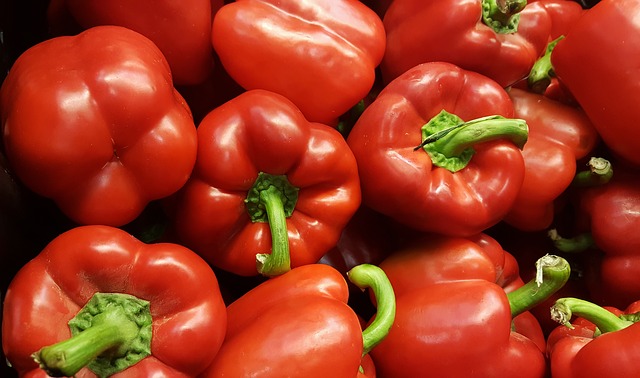
Red Bell Peppers
Among all bell peppers, the ones that are packed with the most vitamin C are the red varieties. In fact, a medium-sized red bell pepper is said to provide 152 milligrams of vitamin C, a little over 200 percent of your daily requirement of the said nutrient. There’s also vitamin A in red bell peppers that’s good for your eyes.
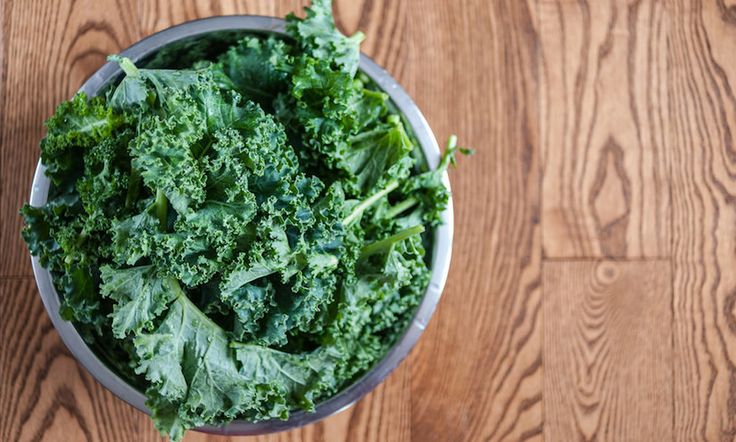
Kale
Make sure that your next serving of smoothie or vegetable salad has some kale in it. That’s because a cup of it supplies 80 milligrams of vitamin C — that’s 107 percent of your daily vitamin C needs. Kale is also loaded with antioxidants, as well as iron, calcium, folate and vitamin K.
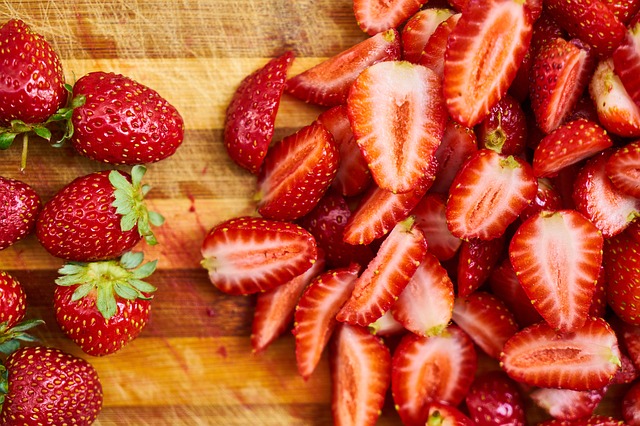
Strawberries
Go ahead and top your oatmeal and yogurt with slices of fresh strawberries in order to obtain good amounts of vitamin C. Experts say that a cup of strawberries contains nearly 100 milligrams of vitamin C. Also, everyone knows that strawberries are packed with age-defying and inflammation-stopping antioxidants.
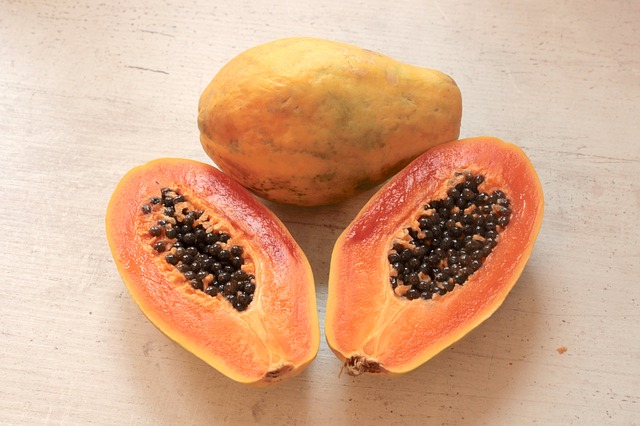
Papaya
The lovely colour of this tropical fruit is a giveaway that it contains good amounts of vitamin C. The consumption of a small-sized ripe papaya lets you enjoy as much as 185 milligrams of vitamin C, which is actually 247 percent of your day’s requirement of vitamin C. Papaya also helps ward off constipation.
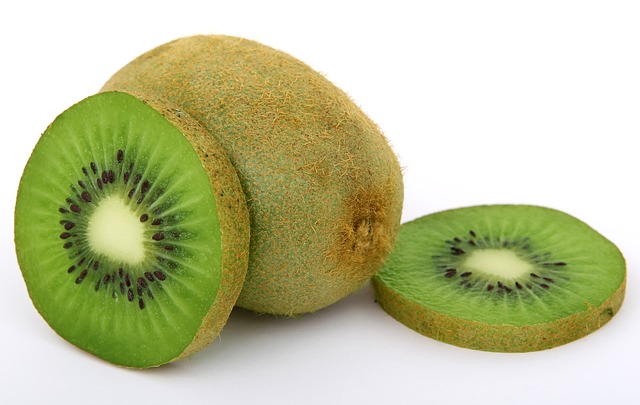
Kiwi
Another fruit that you should welcome into your diet on a regular basis is kiwi. Experts say that you can obtain nearly 200 percent of your daily requirement of vitamin C simply by eating a couple of medium-sized kiwis. What’s more, kiwis also yield potassium, calcium and vitamin B6.

Broccoli
A lot of health-conscious people include broccoli in their daily diet because the said vegetable helps fight off cancer and detoxifies the body, too. Here’s one more reason why you should consume this veggie on a regular basis: a cup of cooked broccoli contains a little over 100 milligrams of vitamin C.

Sweet Potatoes
It’s true that sweet potatoes do not pack as much vitamin C as the rest (a large one has 36 milligrams of vitamin C) but you can rest assured that the spud makes up for it by supplying your body with other important nutrients. Some of them are fibre, vitamin B6, magnesium and iron. Oh, and it has impressive amounts of vitamin A!
Sourced from HealthDigezt.
